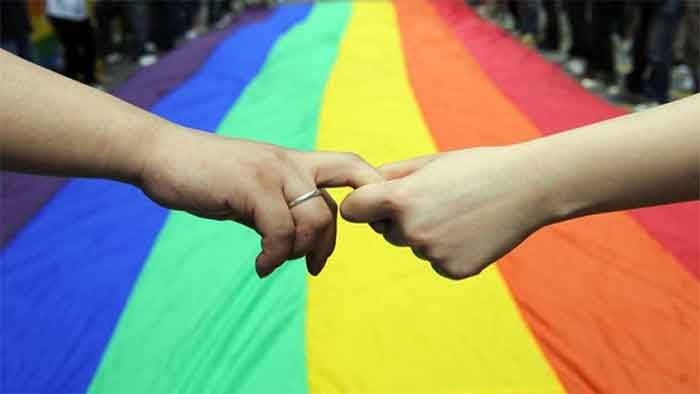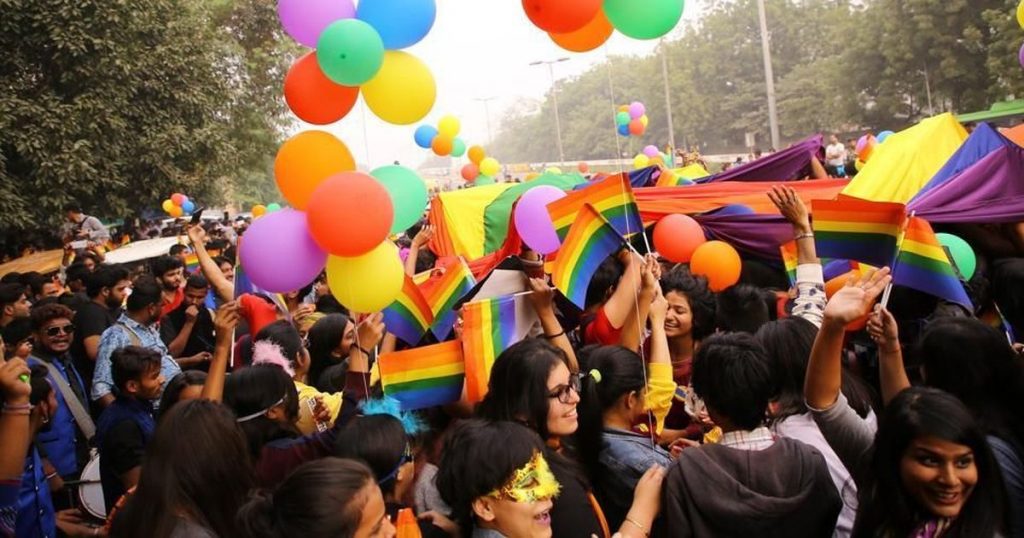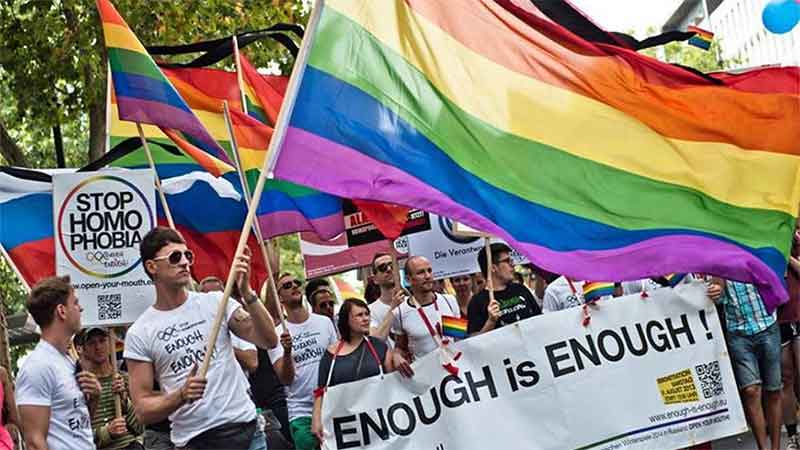
The PUCL expresses its deep disappointment with respect to the verdict of the Supreme Court in `Supriyo v Union of India’ denying the right to marry to the LGBTQI community. While there were four opinions among the five judges, it is unfortunate that the bench was unanimous in declaring that there is no fundamental right to marriage. This is disturbing as the foundation of the claim for equal right to marriage is based on an understanding that the right to marry is a fundamental right. The Supreme Court seems to have ignored that the founding document of international human law, the Universal Declaration of Human Rights recognizes the right to marry and found a family. While the Supreme Court has on numerous occasions read provisions of international human rights law including the Universal Declaration of Human Rights and the International Covenant on Civil and Political Rights (ICCPR) into Article 21, its surprising that it balked when it came to the question of marriage equality.
Consensus that the Special Marriage Act cannot be interpreted in a gender-neutral manner.
It is also disappointing that the Court unanimously rejected the petitioner’s plea to interpret the Special Marriage Act in a gender-neutral manner so as to include the right of same sex couples to marry. The Court cited the fear of tampering with this legislation because it was connected to a ‘spider-web’ of laws the complexity of which required a legislative intervention rather than a judicial fiat.
The majority opinion of Justices Ravindra Bhatt, Hima Kohli and PS Narasimha clearly stating that this was a legislative domain into which they would not intrude as it was the responsibility and domain of the state which ‘can undertake wide scale public consultation, consensus building’ and then enact a law that reflects the ‘will of the people’.
Consensus on Hetero-sexual transgender marriages
All five judges agreed with the proposition that a ‘transgender man has the right to marry a cisgender woman under the laws governing marriage in the country, including personal laws. Similarly, a transgender woman has the right to marry a cisgender man. A transgender man and a transgender woman can also marry. Intersex persons who identify as a man or a woman and seek to enter into a heterosexual marriage would also have a right to marry. Any other interpretation of the laws governing marriage would be contrary to Section 3 of the Transgender Persons Act and Article 15 of the Constitution’.
While this is to be welcomed, it has to be noted that the transgender community occupies a spectrum and not everyone transitions from one gender to another with many choosing to identify as non-binary and others choosing to express their gender without necessarily going in for a transition. Nonetheless, this is a step forward and will be of great assistance to a section of the transgender community in the time going ahead.
The minority judgement showed the way forward
Minority opinion: The right to `intimate association’ a part of the `right to association’ in Article 19(1) (c), Article 21 and Article 25.
If there is a sign of hope it was in the minority opinions of Justice Chandrachud and Justice Kaul when they read the right to `intimate association’ into the `right to association’ in Article 19(1) (c) as well as into Articles 21 and 25. They laid down that that the state was duty bound to grant rights to those in such intimate associations including labour law benefits, insurance benefits and other such ancillaries of a union or an intimate association.
Minority opinion: No prohibition to unmarried couples from adopting children
Further the two justices made the case that CARA guidelines which prohibited unmarried couples from adopting must be read down and the right of unmarried couples to adopt should be recognized.
Directives by the Minority judgement : No discrimination and police harassment because of gender identity or sexual orientation ’
It is also disappointing that the minority judgment’s laying down of numerous directives did not persuade the majority. The minority directed, interalia, that the ‘Union Government, State Governments, and Governments of Union Territories’ to ‘ensure that the queer community is not discriminated against because of their gender identity or sexual orientation’. They also directed, inter-alia, the police machinery to ensure that ‘There shall be no harassment of queer couples by summoning them to the police station or visiting their places of residence solely to interrogate them about their gender identity or sexual orientation’.
Judgement creates no new rights , but not homophobic or stigmatising towards the LGBTQIE+ community
Even as we rue the passing of this missed opportunity to take forward the rights of the LGBTQI community, we are heartened by how much the ground has shifted from the open homophobia of yesteryears. This judgment, unlike the re-criminalisation judgment in 2013, is at pains to avoid describing the community in stigmatizing terms. Even the judges who denied the right to intimate association go to great lengths to clarify that the rights recognized under ‘Nalsa v Union of India’ (2014) and ‘Navtej Singh Johar v Union of India’ (2018) in here in LGBTQI persons. As Justice Narasimha puts, it, ‘I am not oblivious to the concerns of the LBTQ+ partners with respect to denial of access to certain benefits and privileges that are otherwise available only to married couples…I am of the firm belief that a review of the impact of legislative framework on the flow of such benefits requires a deliberative and consultative exercise, which exercise the legislature and executive are constitutionally suited and tasked to undertake’.
Fight back important to assert Constitutional Morality over social morality
Undoubtedly the community will take forward the battle for marriage equality using legislative and parliamentary fora, streets as well as the courts. This fight back is important as this judgment is a setback to the wider human rights movement as well. There is a setback to the liberalization of social mores as well as a return to a more patriarchal social morality. The judgment is an implicit victory for conservative forces which privilege social morality over constitutional morality.
The justice of this cause, rooted as it is in the deepest constitutional morality, can’t be denied. Nobody expressed the hope of a new dawn better than a black American gay poet, Langston Hughes in his poem, ‘A dream deferred’
What happens to a dream deferred?
Does it dry up
Like a raisin in the sun?
Or fester like a sore–
And then run?
Does it stink like rotten meat?
Or crust and sugar over–
like a syrupy sweet?
Maybe it just sags
like a heavy load.
Or does it explode?
We are confident that the dream of marriage equality will be realised soon.
Kavita Srivastava, President, PUCL
V. Suresh, General Secretary, PUCL













































